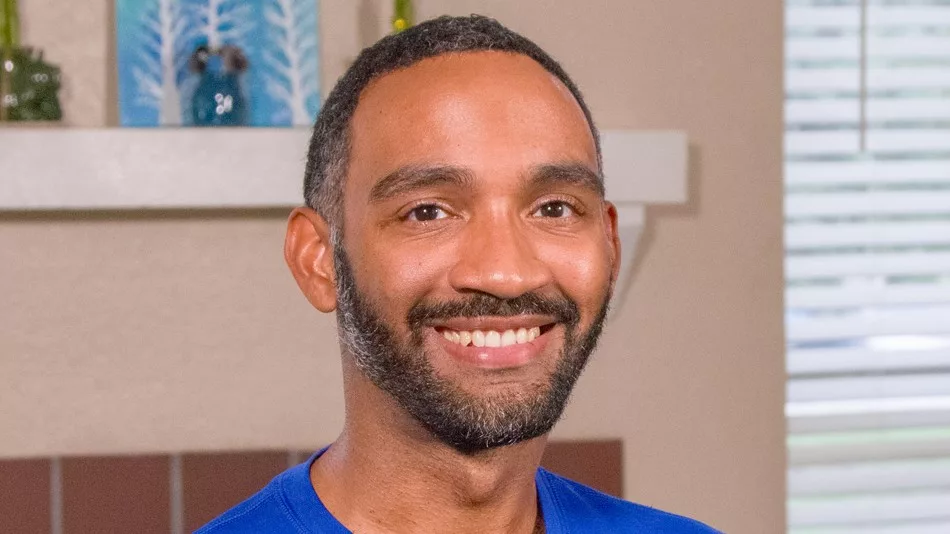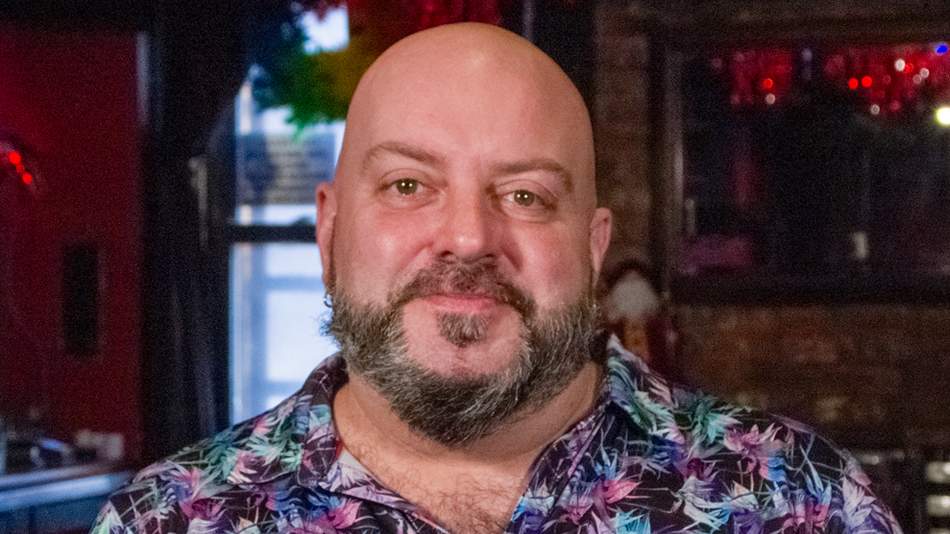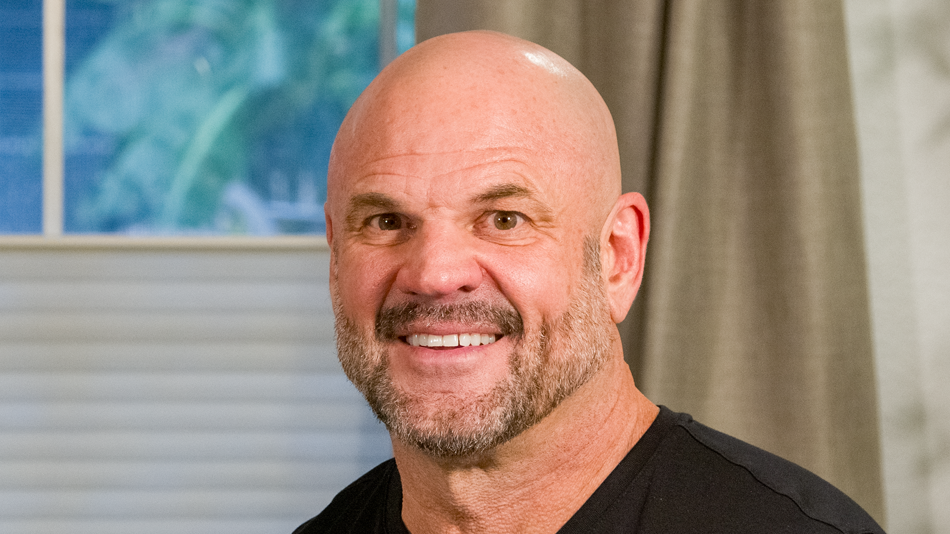I’m Vincent Cooper and I’m from Point Pleasant, New Jersey.
About 5 years ago I moved from my very Catholic, very Italian, Republican family in New Jersey to New York. And there was one night that I can remember where this larger than life, old-school drag queen essentially parted the Red Sea of the dance floor and made it her runway. And she was dancing and strutting her stuff and I remember being very physically repulsed by that and feeling the need that I needed to get out of there because it was something I couldn’t be around or take part in or enjoy watching, so I stepped outside and gave it some time. I was like, okay, about a minute has passed or two minutes passed, it’s probably over, I can go back in, it’s safe. And it was just a feeling that really stayed with me because, wow, I’m really, this is not something that I’m okay with. Even in this club setting. And this person had a lot of presence.
Flash forward four or five years later, I’m having a friend stay with me who’s crashing on my couch and he is very much a fan of RuPaul’s Drag Race. He’s staying with me and starts to kind of asking me to watch it with him. So I started watching and was like, “Okay, this is starting to normalize the people who do this.”
I started to get to know who they were and about a year ago I was at the New York Nightlife Awards and there were numbers that were happening and they were all good and everyone was having a good time. It’s a really amazing night. Everybody in nightlife gets together to celebrate what we’ve done over the last year to create safe spaces and parties and communities. And there was a performance that happened where a drag queen named Brita Filter did a spinoff of The Little Mermaid and it was amazing. It was, it had all of the bells and whistles that you want watching this and I was so inspired and drawn to what she had done that I found my way backstage. I was like, I have to meet this person, I have to work with this person so I went up to her and I said, “You made this, I want to work with you, who are you? This is going to be a thing.”
Because at the time I was in the process of, I had worked in nightlife, I had hosted nightlife, I had promoted, and now I was starting to produce my own events so I needed to find my people. And this person, I was like, “You…you’re on the team. You are the team right now,” because I was just starting it.
As somebody who, there’s definitely internalized homophobia within the LGBTQ community. It’s so obvious. I ended up, I’m not a drag queen by any means but I’ve done drag in theater shows but it’s definitely something that we’re taught: blue is for boys and pink is for girls and gender is this, and realizing that drag affects all of us, not just the people who do it. But it really does have a place in society to say, “Hey, hold up this mirror. Gender is not what you were told it was.” Or it doesn’t have to be what you were told it was. You can define gender. You can choose to be as feminine or masculine if you want to be and that’s okay.
And I think my story specifically, I went from feeling like I had to act a certain way to be perceived a certain way, to be accepted a certain way. And coming to accept drag and think I’ve accepted and I’m okay presenting myself however I’m going to present myself and that’s fine.






Share